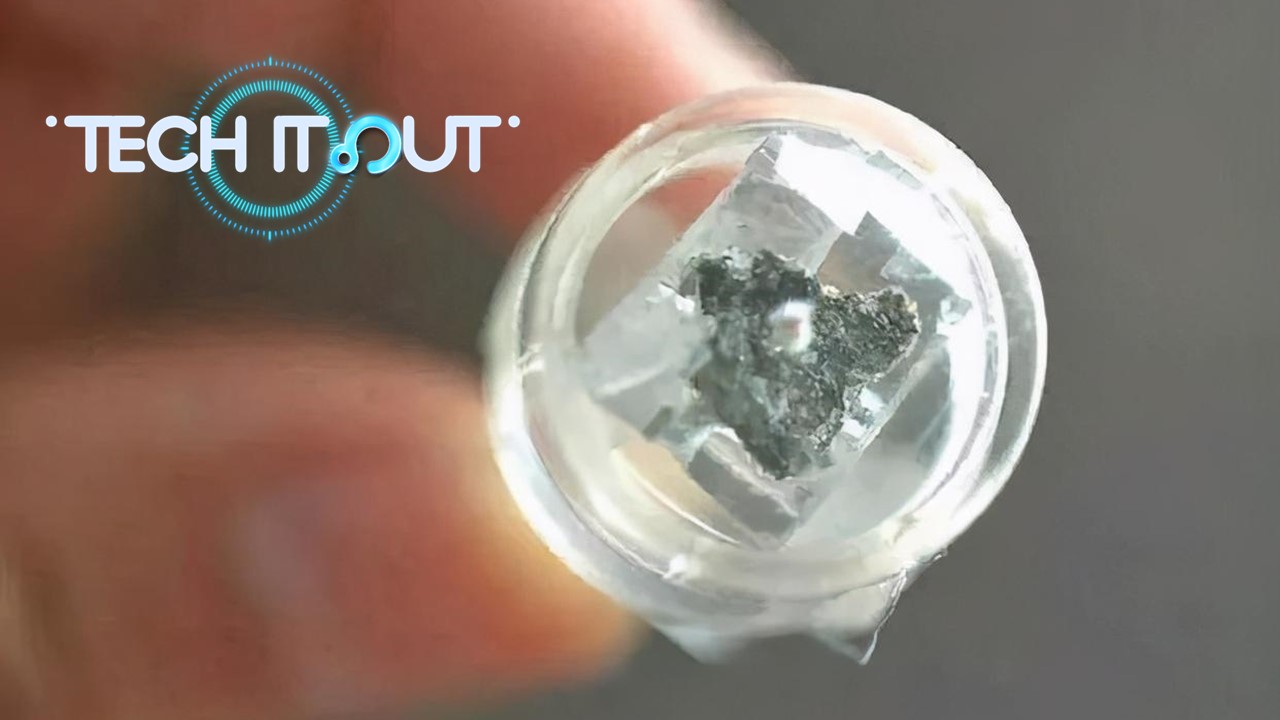03:06

In this week of Science Saturday, we look at the latest news in science and tech fields, ranging from a commercial space station to plastic waste.
Space exploration
Blue Origin, the space tourism company owned by Amazon founder Jeff Bezos, said it hopes to operate a space station by the end of the decade. The 32,000-square-feet (2,973-square-meter) station, called "Orbital Reef," will be a "mixed-use business park" in space and will host up to 10 people. It will provide customers with an ideal location for "film-making in microgravity" or "conducting cutting-edge research" and will include a "space hotel." The company is partnering with Sierra Space and Boeing to build the outpost.
Moon mission
NASA is planning a February Moon launch with a giant rocket. The Space Launch System will lift off the Orion capsule with no astronauts on board, for a two-week space journey. The program is part of a U.S. plan to help establish a long-term human presence on the Moon. The long-delayed Artemis I mission will test the Space Launch System and Orion, before astronauts are allowed on board for the upcoming Artemis II mission, which is expected to loop around the Moon in late 2023.
Space technology
China has successfully tested the world's largest solid-fuel rocket engine. The booster engine, with a diameter of 3.5 meters and a maximum thrust of 500 tons (about 454 tonnes), powered by 150 tons (about 136 tonnes) of solid fuel, is the most powerful solid rocket engine. It's equipped with multiple cutting-edge technologies, like a high-performance fiber-composite shell and an oversized nozzle, making it a world-leading rocket engine. Officials say it will be used to support the future development of heavy-lift carrier rocket technology.
Marine pollution
The United Nations (UN) has warned that plastic pollution in waterways could triple by 2040. In a new report, it highlighted dire consequences for health, the economy, biodiversity and the climate. It also said that a drastic reduction in plastic is crucial to addressing the global pollution crisis. Currently, plastic accounts for 85 percent of all marine litter. The UN proposes a transition from fossil fuels to renewable energies, the removal of subsidies and a shift towards more circular approaches towards reduction.

